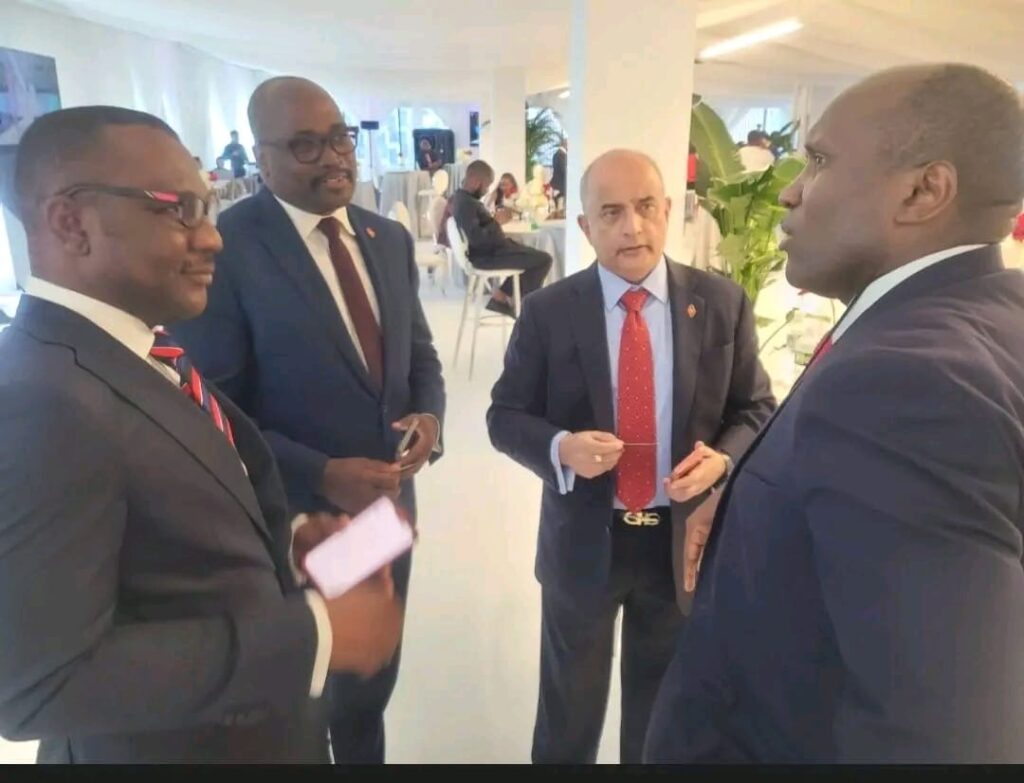Tags: Health Equity, UNGA, Julius Mwale, MMTC, Smart Cities, Africa, Sustainable Development, Healthcare Investment
Kenyan entrepreneur Julius Mwale took center stage at the 80th United Nations General Assembly in New York, advocating for health equity, sustainable development, and investment in Africa’s healthcare transformation. Mwale, the visionary founder of Mwale Medical and Technology City (MMTC), led a high-level delegation that engaged global health leaders, heads of state, and investors to promote MMTC’s groundbreaking vision for Africa’s future healthcare infrastructure.
MMTC, established in Butere, Kakamega County, Kenya, is a $2 billion community-owned metropolis designed to blend cutting-edge medical technology, sustainable infrastructure, and economic growth. The flagship project already serves as a model for future African development, and the organization aims to expand to 12 countries and 18 smart cities across the continent by 2050. These cities are built with self-sufficiency in mind, focusing on carbon-neutral living, modern healthcare infrastructure, and integrated services to benefit local communities.
At the UNGA, health equity emerged as a central theme, as global leaders emphasized the need to bridge healthcare access disparities, which hinder progress toward achieving the UN Sustainable Development Goals (SDGs). MMTC’s approach, which combines technology, healthcare, and agribusiness, is seen as a key solution to these challenges. Its hospitals use artificial intelligence, telemedicine, and predictive analytics to reach underserved populations, promoting preventative care and reducing the cost of healthcare.
President William Ruto of Kenya also addressed the gathering, highlighting the country’s Universal Healthcare coverage initiative as a core element of MMTC’s mission to ensure sustainable community ownership of healthcare resources. He called for increased sustainable financing for health systems, aligning with MMTC’s strategy of bridging funding gaps left by the reduction of external healthcare aid.
MMTC’s participation in events organized by the World Health Organization (WHO) and the UN Economic Commission for Africa reinforced its position as a transformative force in healthcare. The organization’s success has already attracted interest from private investors and government stakeholders who are keen to partner in expanding MMTC’s model across Africa. Recently, a cooperation agreement was signed with investors from the U.S., Europe, and the Middle East, aimed at co-financing new smart cities in West Africa.
With Africa’s population set to double by 2050, MMTC’s initiatives are positioned to cater to the continent’s demographic shift, providing vital infrastructure and resources that will shape the next generation of African professionals and citizens.

